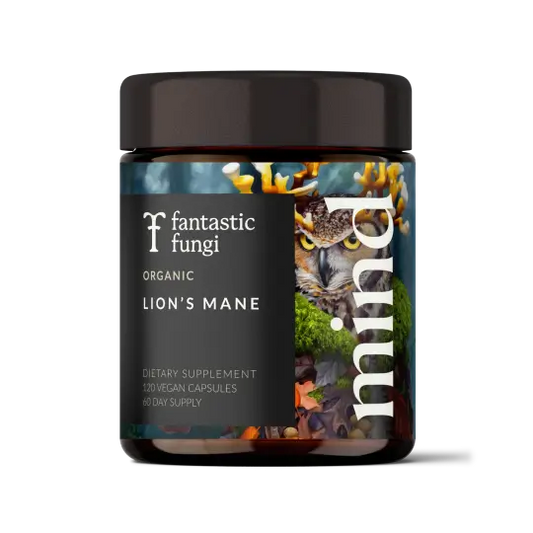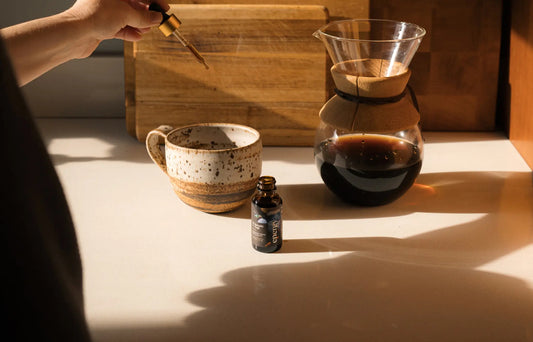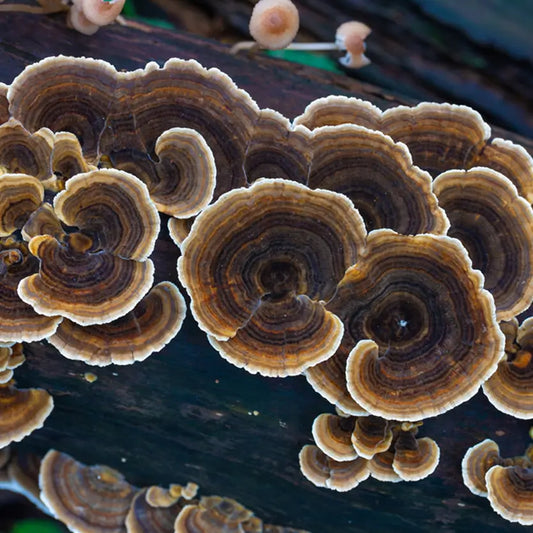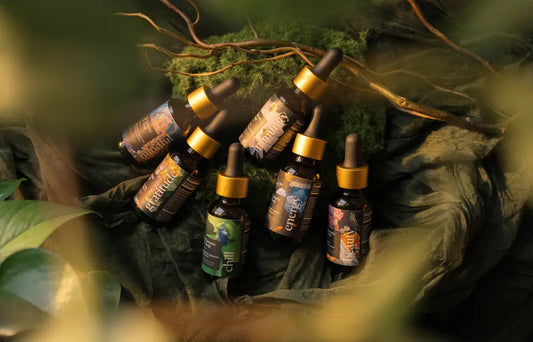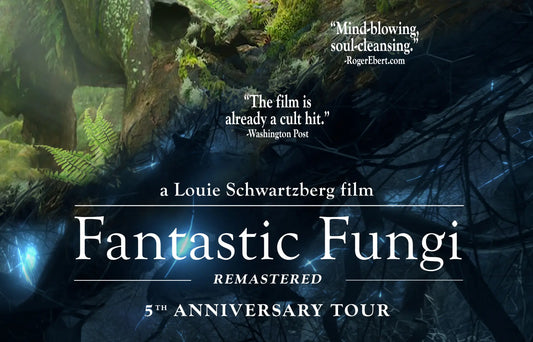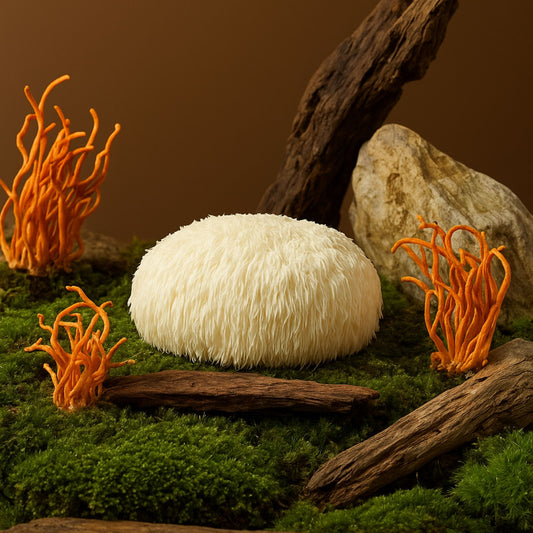
5 of the Coolest Ways Mushrooms are Changing the World
We spend a lot of time talking about mushrooms as food or in supplement forms.* But our fungal allies encompass far more than that. They have the power to change minds — no small feat in today’s world — and they are “agents of reincarnation.”
Mushrooms are mysterious and magical, and they have an ability to spark curiosity and joy like nothing else on Earth! You witnessed that for yourself in viewing Fantastic Fungi, as the invisible was made visible before your very eyes.
There are several other areas where fungi and mushrooms intersect with humans:
- Nature: both naturally and through tech advances, mushrooms positively influence the environment and the biodiversity of the planet
- Community: now and for millennia, mushrooms have played a role in human culture, history and the arts
- Future: mushrooms and their fungal brethren possess infinite possibility to solve the problems our society faces
- Food: in the wild and as commercially raised food, mushrooms offer plenty of culinary and nutritional options
- Body, Mind & Spirit: mushrooms have long been used to support health and wellness*
Below are a few of the most fascinating ways mushrooms are being used to change the world! These are just a sampling — mushrooms really are everywhere, always under our feet.
You’ve heard of plant power. Now meet fungal fortitude!
Mushrooms are adept at cleaning up the environments where they grow, leaving the world better than they found it. They can filter water, clean up toxic materials and heavy metals — and have been used after oil spills.
There’s even an ashtray made of fungi that could break down cigarette butts
The fungi kingdom is skilled at breaking down what’s left over on the planet, whether it comes from plants or animals. And now so-called “mushroom coffins” are available as a more eco-friendly alternative to traditional burials. The process to create them is carbon-negative, and it dramatically expedites the decomposition process.
Is there anything more annoying than all the plastic and styrofoam that comes with the goods we buy? The US company Ecovative agrees, so they set out to make packaging made of mycelium and clean waste from agriculture (like corn husks and stalks).
IKEA has started the switch to mushroom-based packaging to replace polystyrene — and the computer company DELL has also used the same materials.
Mushrooms may even be the future on the moon and beyond, according to NASA. A myco-architecture project based at the Ames Research Center in California's Silicon Valley is working on mycelial-based habitats that could be used to “grow” shelters upon arrival. The idea is that astronauts would bring dormant fungi, add water — and create a safe and fully functional habitat that wouldn’t harm the Martian environment!
Mushroom leather is closer than ever to going mainstream, thanks to a start-up called Mycoworks (backed by luxury brand Hermès). They will build a full-scale plant in South Carolina, where it will make several million square feet of a material they call Reishi. Other well-known brands, including Stella McCartney and Lululemon, are also testing mushroom-based alternatives to leather.
A start-up in South Korea, called Mycel, expects to commercialize its mushroom leather next year, too!
Certain fungi can help plants survive as the world around them warms up. Stress-reducing endophytes are a type of fungus that colonizes plants. It can be transferred from host plants that thrive in warm temperatures to those that prefer cooler climates as a way to help the latter survive.
There’s no app yet, but could a mycelial map be coming soon? Calling carbon-sequestering fungi the “Earth’s metabolism,” scientists have set out to map the mycelial network underfoot. They hope to learn more about the network’s location and potential to sequester carbon.
Mushrooms are infinitely inspiring, no matter how you choose to interact with them. If you haven’t already, consider reserving the Forager Box, to see how some of our favorite values-driven brands have been inspired by mushrooms.
